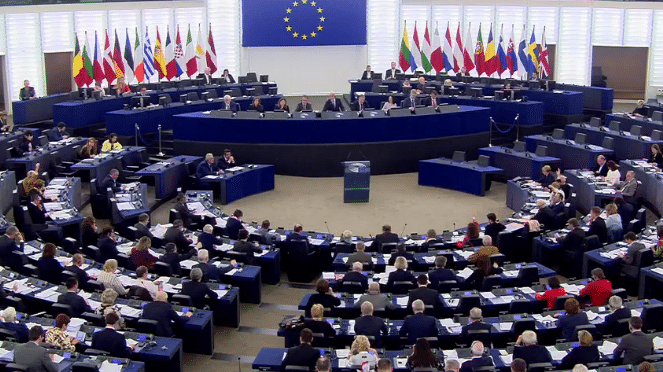
In line with ECAS’ findings, as spelled out in a study published in May 2016 and commissioned to ECAS by the European Parliament’s Policy Department for Citizens´ Rights and Constitutional Affairs, the Parliament’s report acknowledges the benefits of e-democracy as a tool to foster citizens´ empowerment that is not meant replace, but rather complement, representative democracy and other existing consultation mechanisms. The report also highlights, in line with ECAS´ findings, that e-participation can improve democratic processes by enhancing the quality and legitimacy of our democratic systems and engaging young people in the political debate. The report stresses however that e-participation can only be successful if accompanied by proper communication and education strategies (i.e. digital literacy) and if contributions submitted by citizens are duly followed up by decision-makers, noting that otherwise they lead to disappointment and distrust.
Last but not least, the report calls on EU institutions and Member States to promote, support and implement new e-participation methods, such as crowdsourcing platforms, that can enable a direct interaction between them and citizens at EU, national and local level, taking into account the best practices already identified in some countries.
Within its digital democracy focus area, ECAS is currently implementing a project with eight European partners which explores the ground and feasibility for launching a pilot on crowdsourcing policies at EU level.
Read the European Parliament’s resolution on e-Democracy in the EU
Access the EP’s study on e-participation, commissioned to ECAS